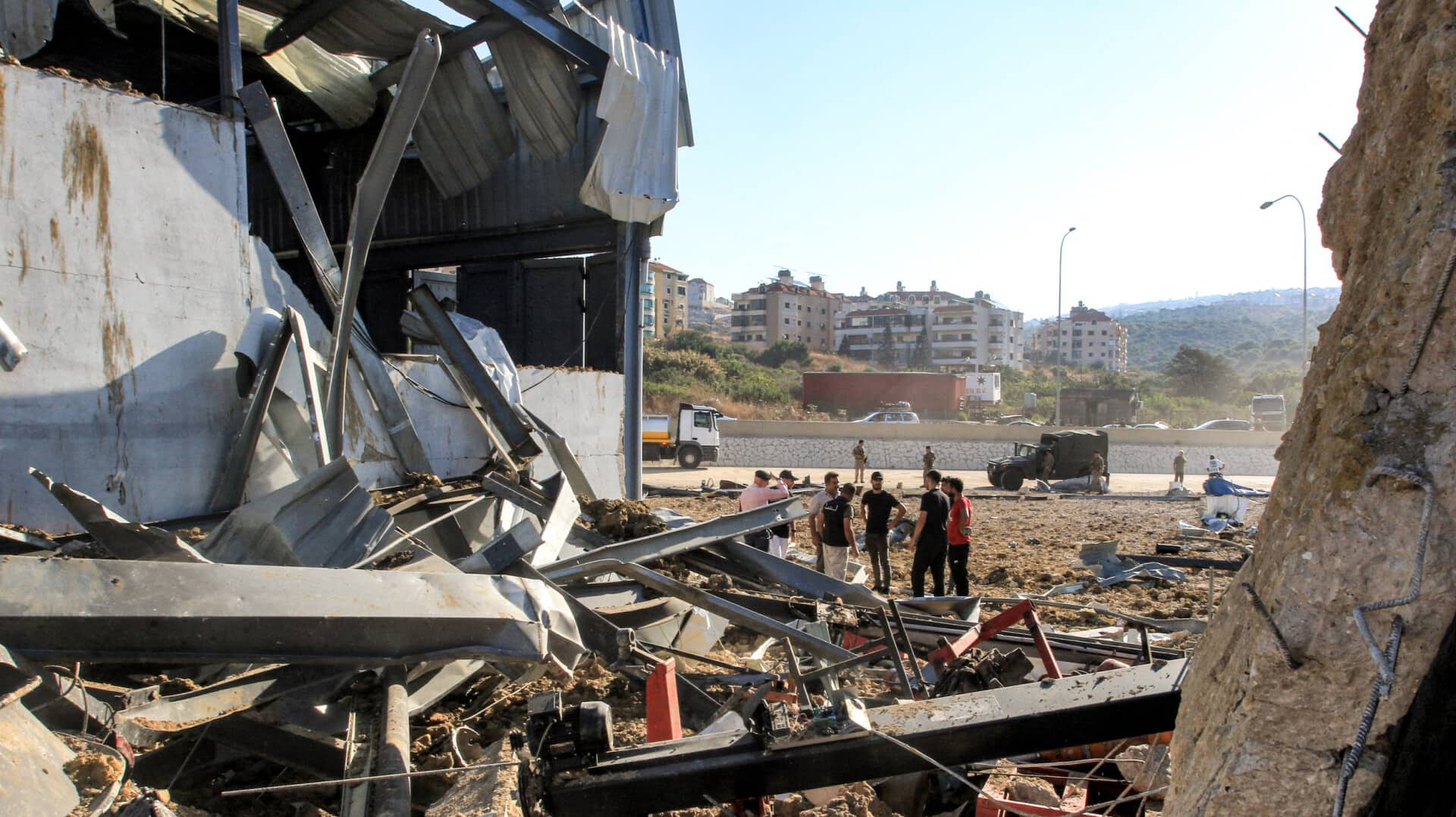
Israel rejects call for 21-day ceasefire with Hezbollah
What's the story
Israel's Foreign Minister Israel Katz rejected proposals for a cease-fire with Hezbollah on Thursday, after calls from the United States and France for a 21-day pause in warfare. "There will be no ceasefire in the north. We will continue to fight against the Hezbollah terrorist organization with all our strength until victory and the safe return of the residents of the north to their homes," he said.
Ongoing conflict
IDF continues attacks, allies call for ceasefire
Israeli airstrikes have killed nearly 630 people in Lebanon, with the Health Ministry reporting 72 more killed on Wednesday, prompting emergency negotiations at this week's UN General Assembly (UNGA) in New York. The ceasefire proposal, backed by Saudi Arabia, Germany, Japan, and the United Arab Emirates, was intended to create room for diplomatic negotiations and minimize the risk of a wider regional conflict. The joint statement read: "We call for...immediate 21-day ceasefire across Lebanon-Israel border to provide space for diplomacy."
Diplomatic efforts
Ceasefire proposal aims to prevent regional escalation
It also highlighted that the ongoing conflict has become "intolerable" and poses a significant threat to regional stability. Israeli Prime Minister Benjamin Netanyahu, who is slated to speak at the UNGA in New York on Friday, said he had not yet responded to the truce proposal and had instructed the army to continue fighting. He was forced to postpone his scheduled UNGA speech on Monday after his country unleashed the deadliest attack on Lebanon since the invasion of 2006.
Ceasefire endorsement
US pushes for immediate ceasefire endorsement
At the UN Security Council on Wednesday, Lebanese Prime Minister Najib Mikati backed the ceasefire, urging the council to guarantee "the withdrawal of Israel from all occupied Lebanese territories." US President Joe Biden, who has been urging for de-escalation in the region, warned that "an all-out war is possible," but voiced hope that the cease-fire between Israel and Hezbollah could "fundamentally change the whole region."